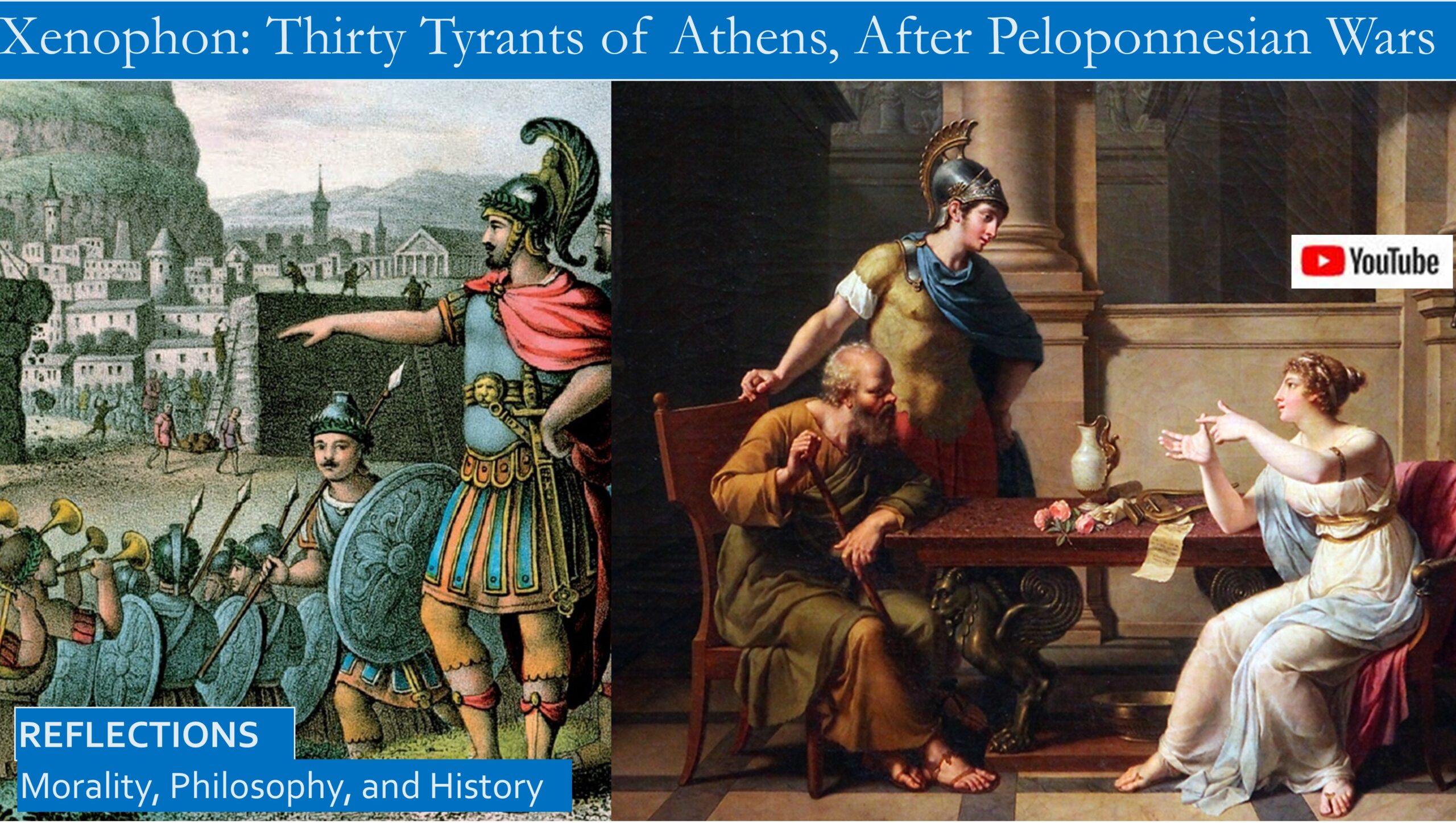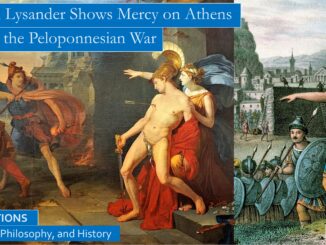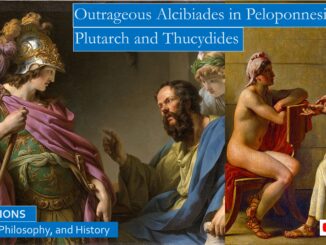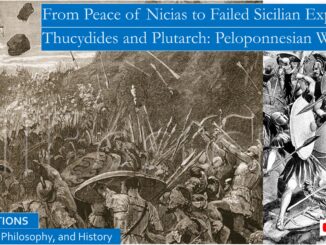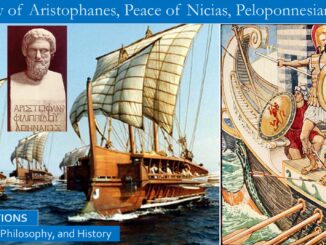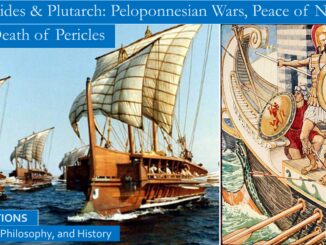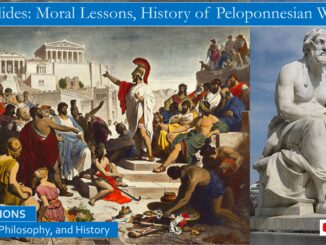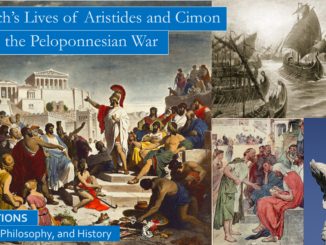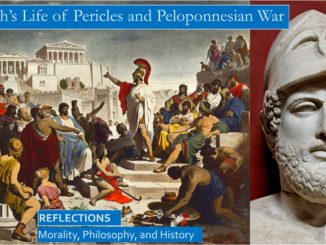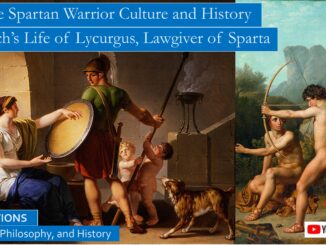
Unique Spartan Warrior Culture and History, Plutarch’s Life of Lycurgus, Lawgiver of Sparta
Sparta was the city-state that dominated the Peloponnese, the region that is separated from Athens and the rest of Greece by the narrow Isthmus at Corinth, and without that isthmus it would be an island to itself. Sparta was a traditional and conservative agricultural society that was not welcoming to foreigners, other than aristocratic guest-friends. […]

